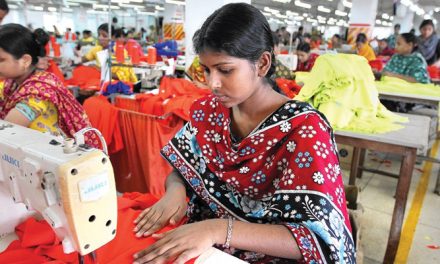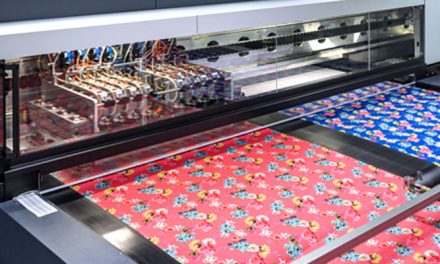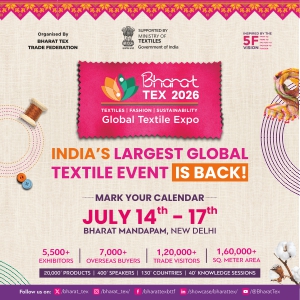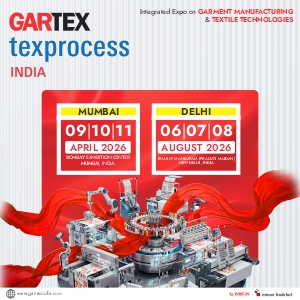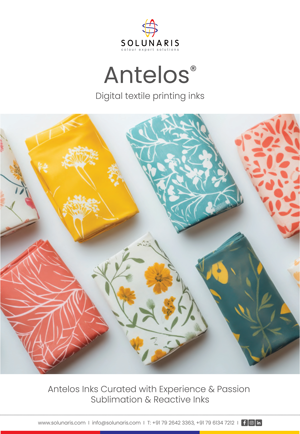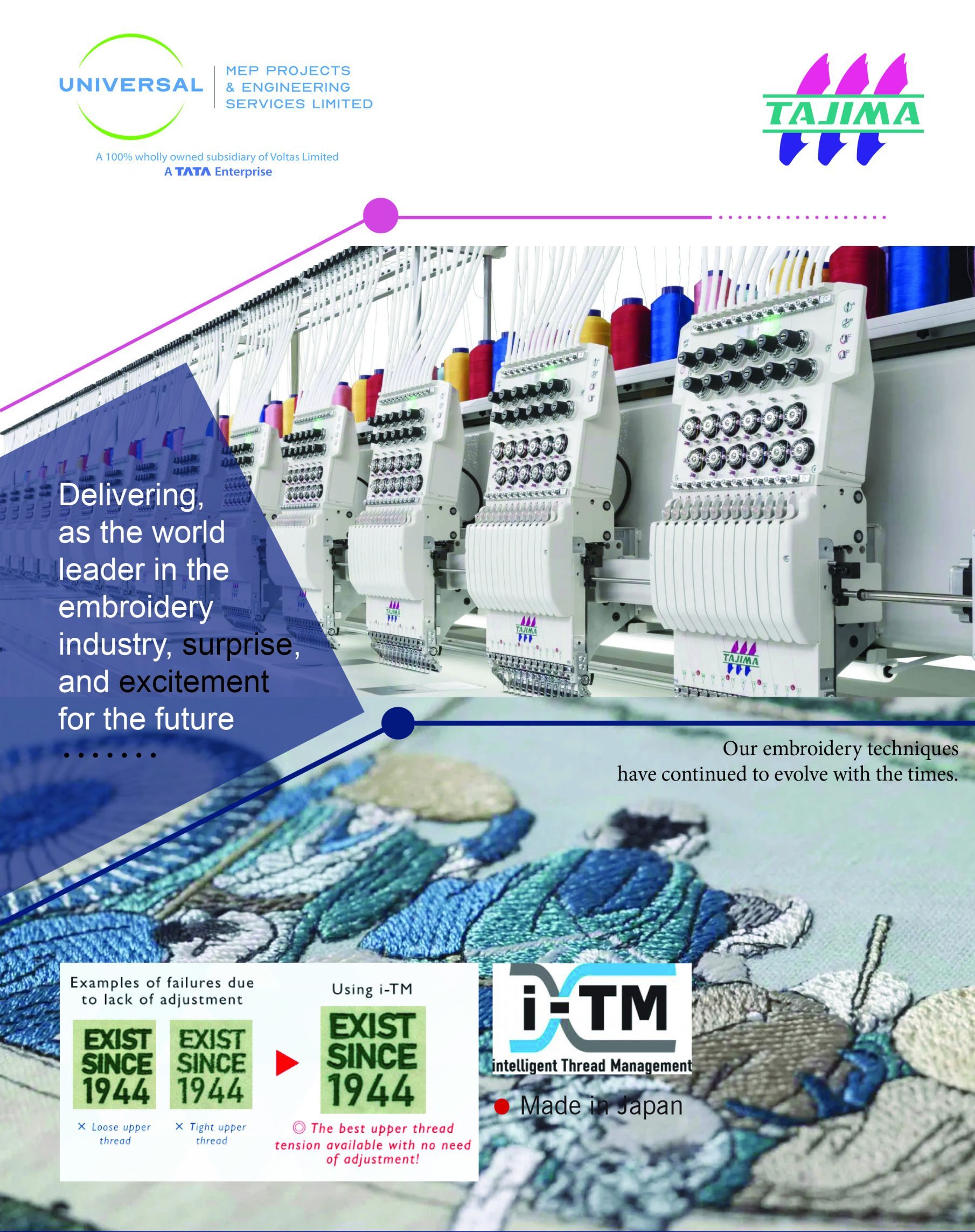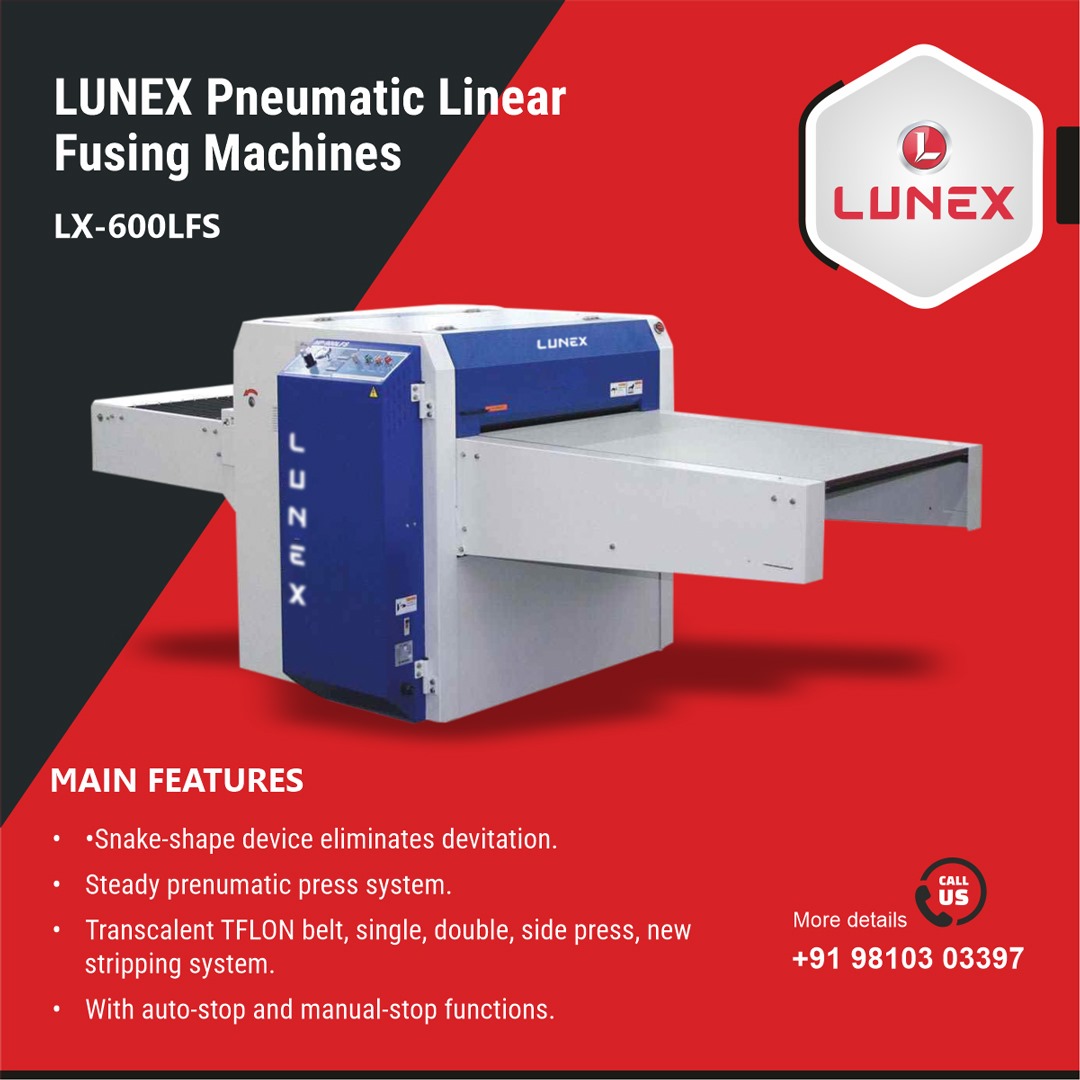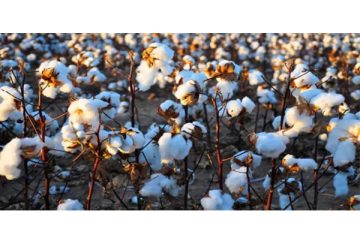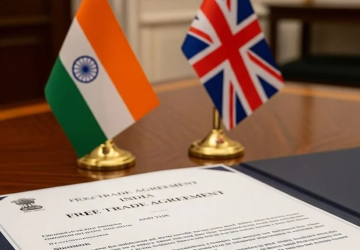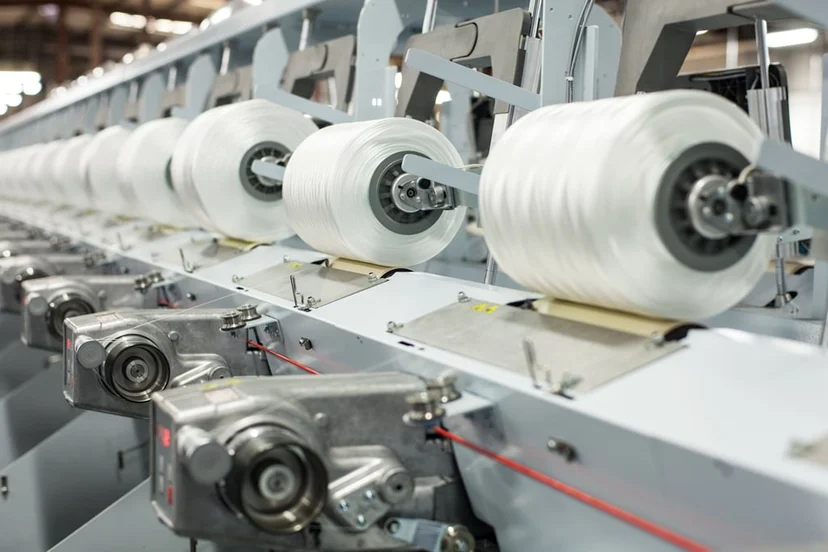 When polyester yarn (40s) is available at around Rs.180/kg in Vietnam, Indonesia, and Thailand – but costs Rs.190–210/kg in India – Indian yarn spinners face significant pressure. Yet many succeed. How?
When polyester yarn (40s) is available at around Rs.180/kg in Vietnam, Indonesia, and Thailand – but costs Rs.190–210/kg in India – Indian yarn spinners face significant pressure. Yet many succeed. How?
Let’s break it down
Strong Domestic Market & Speed-to-Customer Advantage
€India’s massive garment market ensures huge domestic demand that international suppliers can’t fully penetrate
€Indian mills located near garment hubs – Ludhiana, Tiruppur, Erode, and Surat – deliver faster, more flexibly, and with fewer customs hurdles
€For many buyers, the Rs.5–10/kg cost premium is easily offset by faster supply, fewer logistics issues, and trustworthy service
Integration & Scale: Lower Conversion Costs
€Large players like Reliance, Filatex, Indo Rama, and JBF are often fully integrated – from PTA/MEG feedstock to yarn
€This vertical structure stabilizes input costs, improves margin control, and drives efficiency through high-volume operations
Focus on Value-Added Yarns
€India leads in producing PC (poly-cotton), PV (poly-viscose), fancy, mélange, slub, and dyed yarns-many Southeast Asian mills primarily offer plain polyester
€Value-added yarns typically command Rs.15–25/kg higher margins, helping Indian manufacturers compensate for their raw price disadvantage
Strong Buyer Relationships & Reliable Service
€Most Indian mills offer custom blends, flexible credit options, fast resolution of issues, and consistent quality – building deep longstanding relationships
€Buyer’s value reliability and responsiveness – factors that often outweigh minimal price differences
Policy Backing & Protection
€India applies import duties on synthetic yarns, making cheaper imports less attractive unless bulk volumes justify it
€Export incentives through PLI schemes, RoSCTL, and other trade policy tools further boost competitiveness for domestic players
Keeping Pace with Sustainability & Compliance
€With global buyers demanding ESG compliance, traceability, and recycled content, leading Indian firms are investing proactively in:
€Recycled polyester and rPET yarns
€Certifications like GRS (Global Recycled Standard)
€Carbon footprint tracking and transparency
€This sustainability edge commands better pricing, even internationally
Strategy Table: Key Strengths vs. Risks
Final Thought
Indian polyester yarn spinners may not always compete on price – but they can lead on service, integration, sustainability, and innovation.
In an era where reliability, speed, and ESG credentials matter, being just Rs.10–20/kg more expensive isn’t a deal-breaker. It’s about offering value, trust, and differentiation.
Sathyanandan Prabakaran


